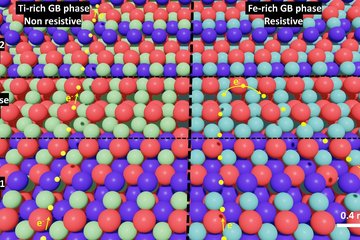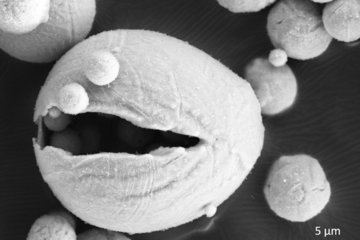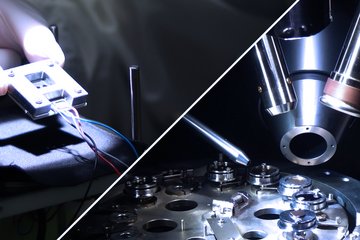All genres
41.
Talk
Inclinational dependence of atomic grain boundary structures in Copper. Digital Young Materials Researcher Day, RUB, virtual, Bochum, Germany (2020)
42.
Poster
Atomic structure of [111] tilt boundaries of Al in relation to their crystallographic parameters. International Microscopy Conference 2023 (IMC-20), Busan, South Korea (2023)
43.
Poster
Simulation of adhesive wear mechanisms at the nanoscale and an approach towards mesoscale models. MSE Congress, Darmstadt, Germany (2022)
44.
Poster
Atomic scale observations of Ag segregation in a high angle grain boundary in Cu. PICO 2022, Kasteel Vaalsbroek, The Netherlands (2022)
45.
Poster
Characterization of the atomic structure of grain boundary phases in pure Cu. Sixth Conference on Frontiers of Aberration Corrected Electron Microscopy PICO 2021, vitual, Kasteel Vaalsbroek, The Netherlands (2021)
46.
Teaching
Thermodynamics. Lecture: Lecture on Thermodynamics, Max Planck Institut für Eisenforschung (demnächst Max Planck Institute for Sustainable Materials), 4 lectures à 2 h, Düsseldorf, Germany, May 14, 2024 - June 11, 2024
47.
Preprint
High Strain Rate Compressive Deformation Behavior of Nickel Microparticles. arXiv (2024)
48.
Preprint
Adhesive wear as ductile fracture. arXiv (2022)











